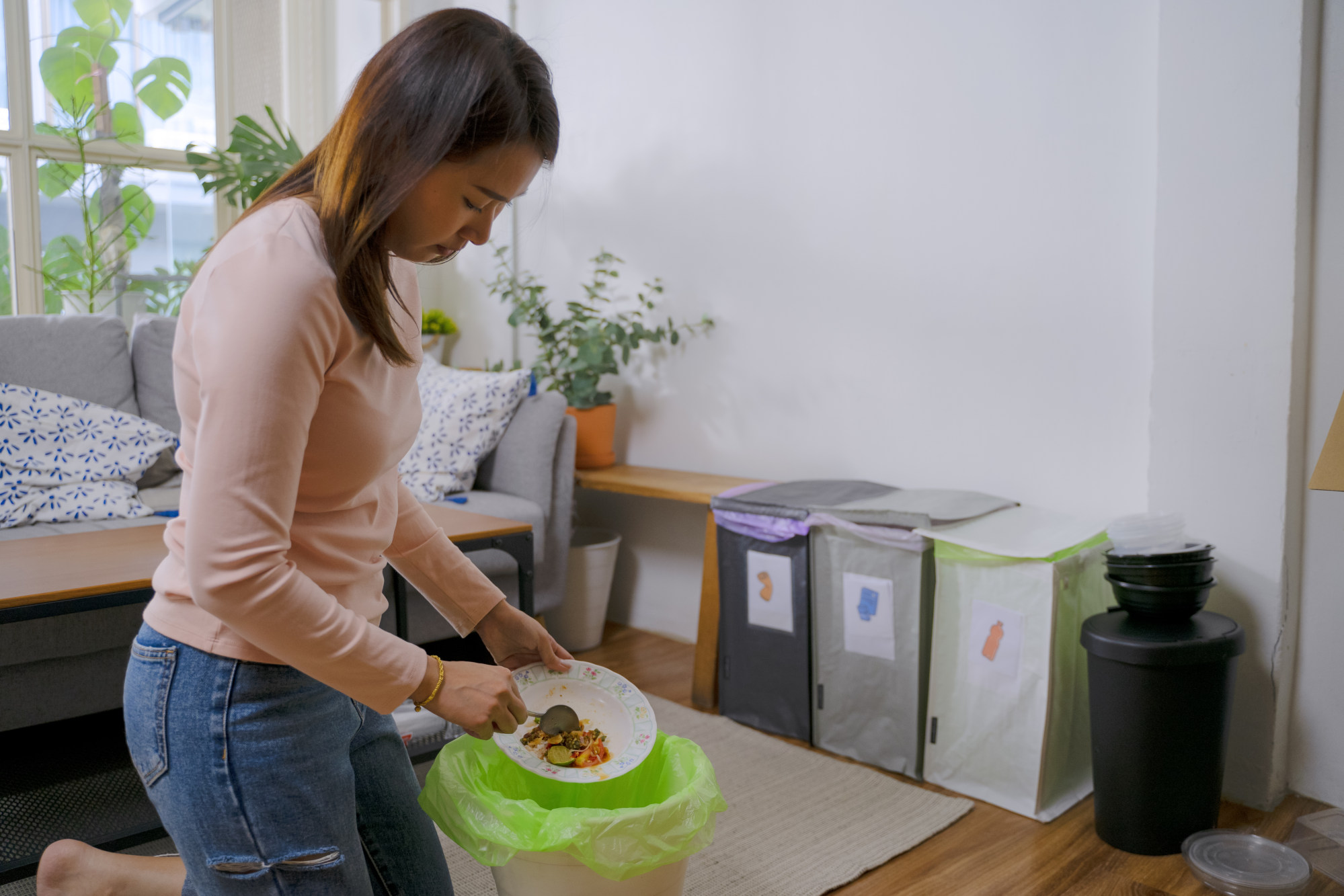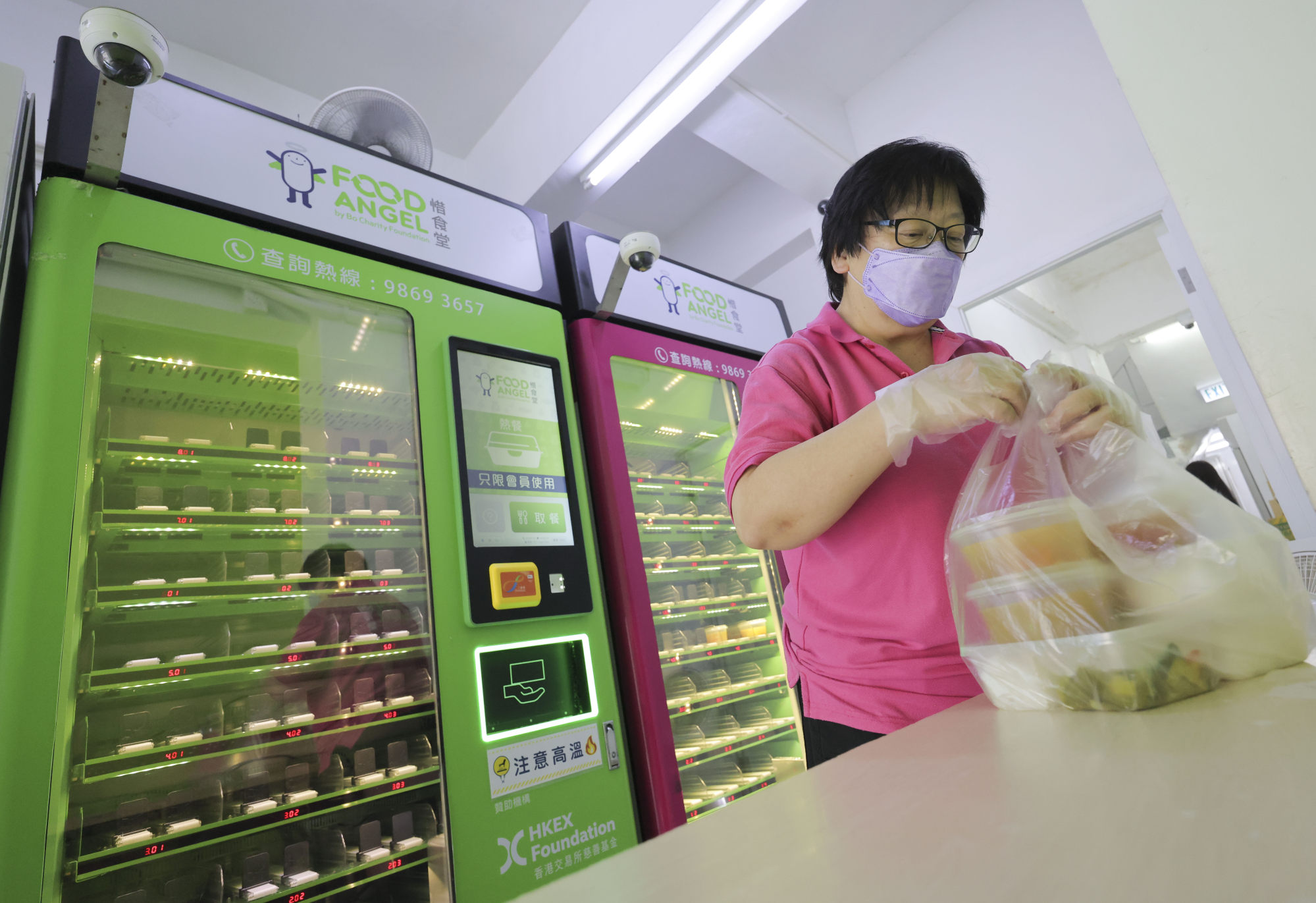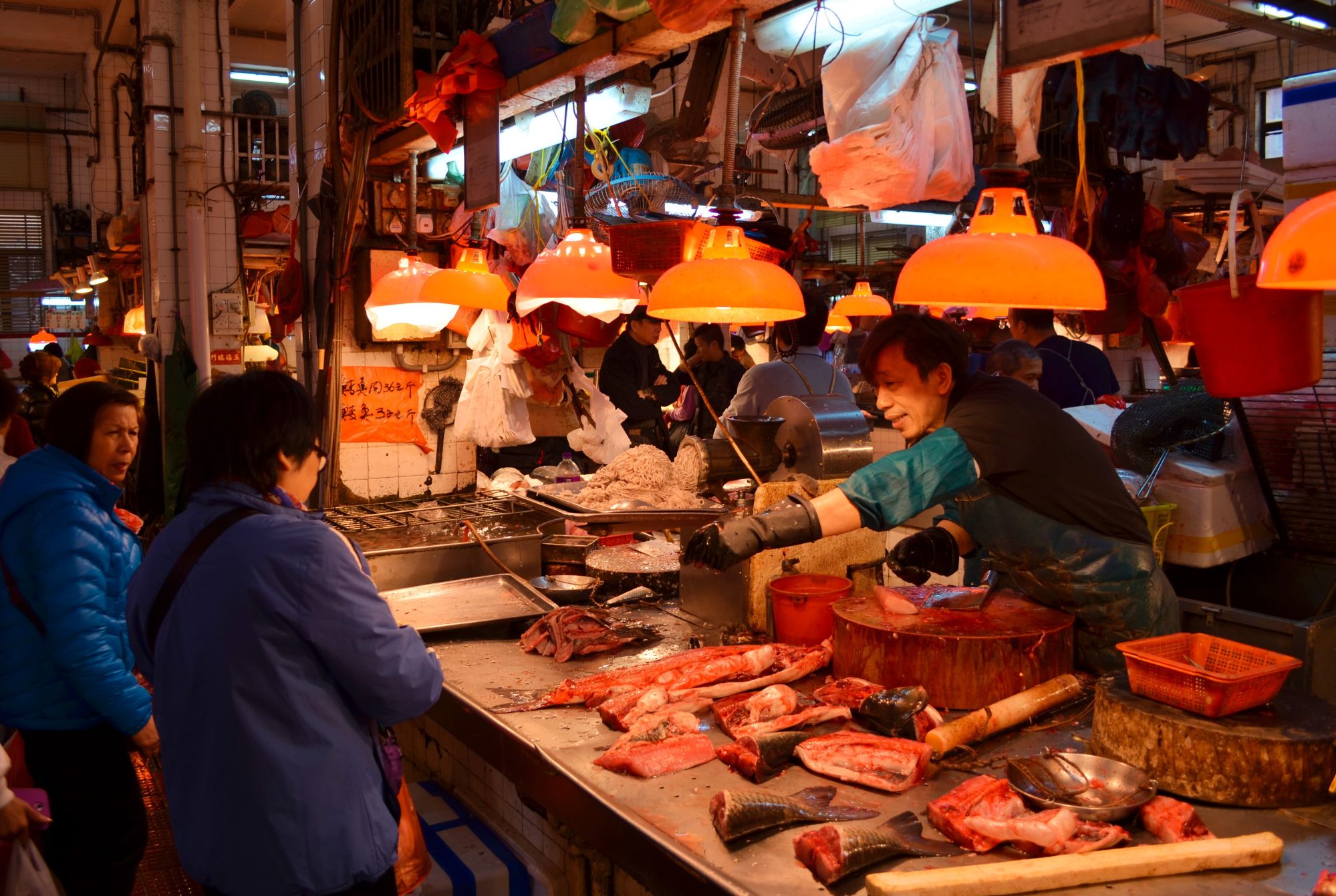Macau is one of the most densely populated places in the world. Its population of just under 700,000 is buttressed by around 30 million tourists per year, everyone sharing just 33 square kilometres of land.
All those people produce an awful lot of waste. According to the latest “State of the Environment of Macau” report by the Directorate of Environmental Protection Services, the city disposed of 436,828 tonnes of solid waste in 2022, averaging out to around 1.77 kilograms per resident per day.
Unsurprisingly, given the city’s huge tourist industry, food accounts for 40 per cent of all of that waste, so addressing this will be crucial to making a big environmental impact overall. Not only will this decrease absolute volumes but when biodegradable waste rots – in a landfill, for instance – it produces methane, a powerful greenhouse gas many times more damaging to the atmosphere than carbon dioxide, albeit far less long-lasting.
The alternative method of disposal is to burn the food, which puts extra pressure on incinerators as it contains high levels of moisture, and thus increases air pollution.
The best solution is to decrease the volume of food wasted. Separating food waste from other waste has its own challenges though, including the need to educate all residents, restaurants and hotels, and to set up specific systems to deal with the resulting organic waste.

Happily, perceptions in Macau’s restaurant kitchens are now changing. Chefs are often being more careful in sourcing ingredients, with a focus on quality, which translates into kitchens using ingredients more purposefully. Even AI-based approaches are being tried.
As for domestic food waste, in 2021, Macau launched a recycling project, with residents required to take their waste to the directorate office, where it is picked up and taken to a factory to be converted into fertiliser.
While the project was only partly embraced by the public, importantly Macau’s residents had been made more aware of the issue.

A study in the journal Waste Management in the same year, called “Uncovering residents and restaurants’ attitude and willingness toward effective food waste management: a case study of Macau”, found that more than 80 per cent of respondents considered food waste to be a serious problem in the city.
The study, which surveyed 463 residents and 18 restaurants, pinpointed two key drivers of food waste generation.
Ordering too much food (39.5 per cent) and food having exceeded its expiration date (28.2 per cent) were flagged as the main reasons for throwing away food at home and when eating out, respectively. Vegetables and fruits (22.4 per cent) were the most common type of food wasted at home, followed by snacks (17.3 per cent), according to the study.

An impressive 70 per cent of respondents said they would pay for separate food waste collection and treatment facilities, with the amount that each household was willing to pay averaging MOP42.5 (HK$41.3) per month.
The data showed that respondents’ income level and age affected their willingness to pay for waste management, as did perceptions of, and attitudes towards, the issue.
“More information sharing, education and promotion should be done to raise environmental protection awareness and improve the food waste treatment system,” recommended the report’s authors in their conclusions.

